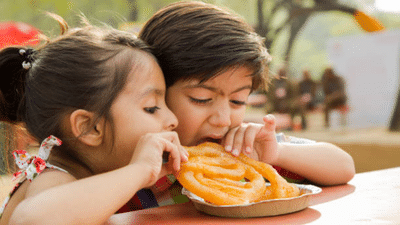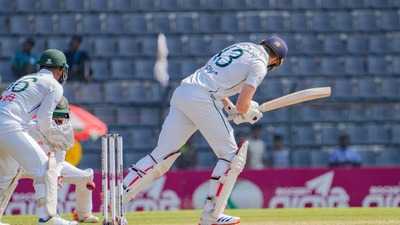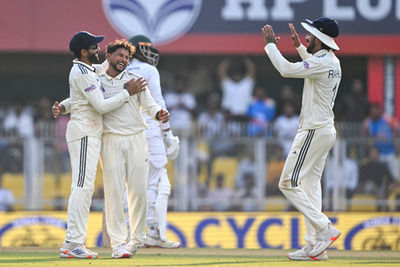
Kids absorb the texture of the home, the cadence of voices, the quiet pauses, the arguments behind closed doors, the shared laughter over dinner. And few things shape a child’s emotional landscape as profoundly as whether they’re raised in a joint family bursting with generations or a nuclear family built around a small, tightly knit unit. These two worlds raise children not just differently, but deeply.
Growing up in a joint family: A childhood powered by community
In a joint family, a child grows up in the heartbeat of a crowd—layers of love, authority, stories, and expectations all wrapped into one living organism. A grandmother’s wisdom might soften the sharp edges of a tough day; an uncle’s discipline may feel different from a parent’s; cousins blur the line between siblings and best friends.
Here, kids learn early that life isn’t always about them, there are rhythms to follow, elders to respect, rituals that anchor the household. They learn resilience through shared living, compromise through crowded spaces, and empathy from watching relationships evolve in real time. But there’s weight, too: too many opinions, mismatched parenting styles, invisible hierarchies. A child might feel both deeply protected and quietly scrutinized. In joint families, belonging is abundant, but so are boundaries.
A comparative published in the Journal of Emerging Technologies and Innovative Research looked at preschool children from both family styles. It found that kids in joint families scored much higher in social, cognitive, and language development—researchers used standard tests and found the mean value for joint family kids was 38.31, compared to just 27.5 for nuclear family kids (with a statistically significant difference). Joint family kids tend to develop better social skills because they grow up with lots of cousins, uncles, and grandparents around—meaning more chances to share, adjust, and cooperate from an early age.
The nuclear family: A smaller orbit, a deeper intimacyOn the other hand, children in nuclear families often show and self-reliance, since parents tend to be more hands-on and there’s less extended family to lean on. That said, nuclear family kids may feel lonely at times or struggle with social conflicts since they don’t get as much day-to-day exposure to different personalities and viewpoints.
A nuclear family forms its own quiet orbit. It often feels more intentional, like a small island crafted by two parents trying to get life right. Kids raised here experience a certain clarity—fewer voices, fewer pressures, more room for their personality to take shape. They grow up with conversations that go deeper, routines built around their needs, and a sense that their home is uniquely theirs. But the intimacy cuts both ways. When tensions build, there’s no buffer zone. When parents struggle, kids feel the tremors. When loneliness creeps in, there’s no cousin knocking on the door or grandparent shuffling in with a story. Independence grows here, but so can emotional isolation.
Beyond family size: The emotional climate that truly raises a child
The real impact? Kids from joint families often carry a rich understanding of community, tradition, and collective responsibility. Kids from nuclear families tend to step into the world with sharper individuality, confidence in their voice, and flexibility in thought. Neither path is flawless, neither is superior—but both carve children in distinct ways.
In the end, what matters most isn’t the size of the family but the depth of its emotional climate. The tenderness in daily interactions, the stability in the chaos, the willingness to listen—these shape a child far more than the number of footsteps echoing through the house. A joint family can nurture independence; a nuclear family can radiate collective warmth. What defines a child’s future is the texture of love they grow up with, not the headcount at the dining table.
-
Follow Liverpool vs Nottingham Forest for free: Live stream details, radio, kick-off time

-
Lakshya Sen stroms into Australian Open 2025 final after defeating Chou Tien Chen

-
This cricketer was in deep trouble, suspended by the ICC; find out what punishment he received for his mistake.

-
Ireland's Harry Tector slams his 5th half-century in Tests: Stats

-
2nd Test: Pleased that the Indian bowlers applied consistent pressure after lunch, says Anil Kumble
